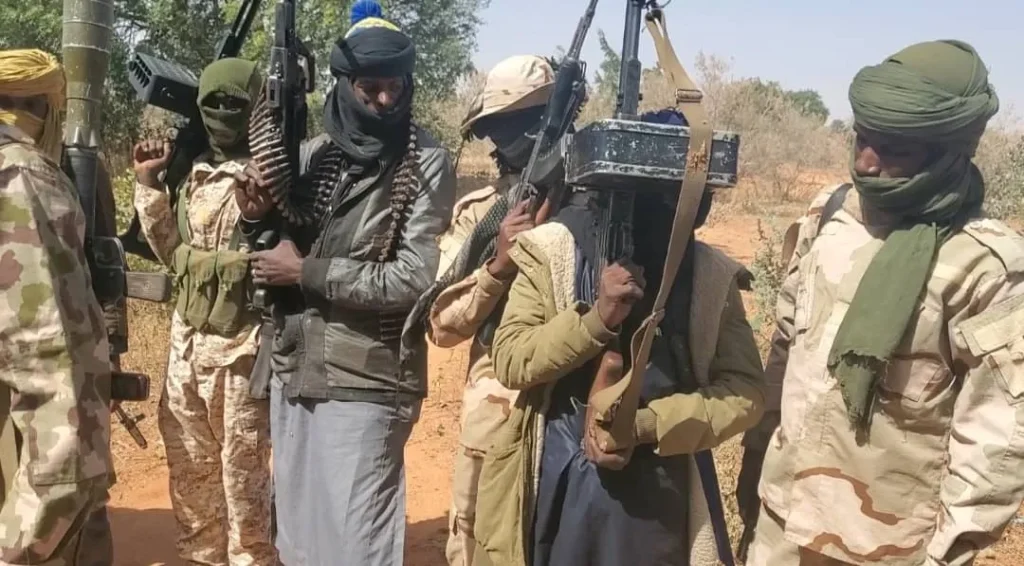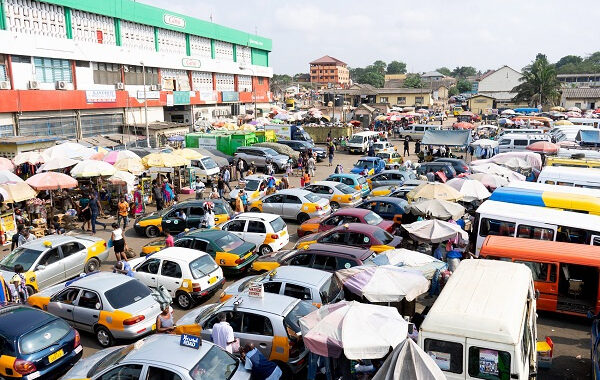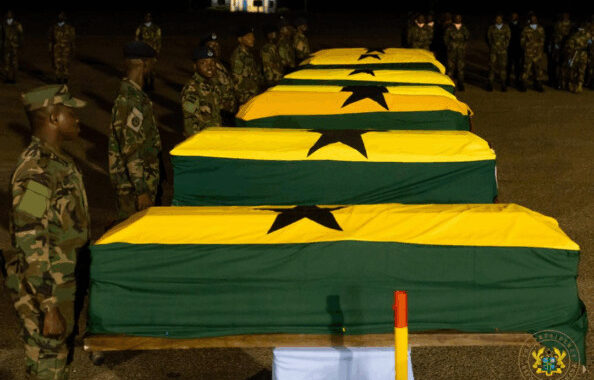Jihadists Resurface in Nigeria’s Northeast

Nigeria’s northeast is once again making headlines, not for progress, but a surge in attacks in Nigeria’s northeast by Boko Haram and its splinter rival ISWAP has raised fears of a major comeback by jihadists.
The region that has endured over 15 years of insurgency is now grappling with a new wave of attacks that signal a disturbing comeback by Boko Haram and its splinter group, the Islamic State West Africa Province (ISWAP). Armed drones, explosive devices on major roads, and coordinated large-scale attacks are now part of their arsenal.
ISWAP claims responsibility for deadly attacks in Nigeria
In Adamawa and Borno states, at least 22 people were killed in weekend raids by militants, and 26 others perished on Monday after an explosive device in Borno cut into two vehicles. Since January, a series of Islamist strikes have claimed the lives of many more.
Boko Haram’s insurgency began in 2009 with the goal of establishing an Islamic caliphate in northern Nigeria. Over the years, the group has been responsible for over 27,000 deaths and the displacement of 1.8 million people.
Two Nigerians in Court for Alleged $20,000 Fraud
In 2016, a split within Boko Haram gave rise to ISWAP, a faction that rejected Boko Haram’s indiscriminate attacks on Muslim civilians. While Boko Haram continued its brutal tactics, ISWAP positioned itself as a pseudo-government, filling gaps in governance and services in some of the world’s poorest regions.
Fast forward to today, and the two groups seem to have called a truce—not with the world, but with each other. Security experts suggest the resurgence is due to a lull in fighting between Boko Haram and Islamic West Africa Province (ISWAP) and the adoption of aerial technology by the groups.
Analysts believe that ISWAP’s newfound boldness and technological prowess could be linked to increased support from the Islamic State. Reports even suggest that Islamic State advisers have been deployed to assist ISWAP fighters, further complicating an already dire situation.
Governor Babagana Zulum of Borno State has warned that insurgents were making gains, with little pushback from the military, regrouping in the Lake Chad area and Sambisa hills.

 GRTCC suspends planned ‘August 8’ 20% public transport fare increase
GRTCC suspends planned ‘August 8’ 20% public transport fare increase  State funeral for helicopter crash victims set for August 15 at Black Star Square
State funeral for helicopter crash victims set for August 15 at Black Star Square  Black Queens rank 67th in FIFA ranking despite WAFCON performance
Black Queens rank 67th in FIFA ranking despite WAFCON performance